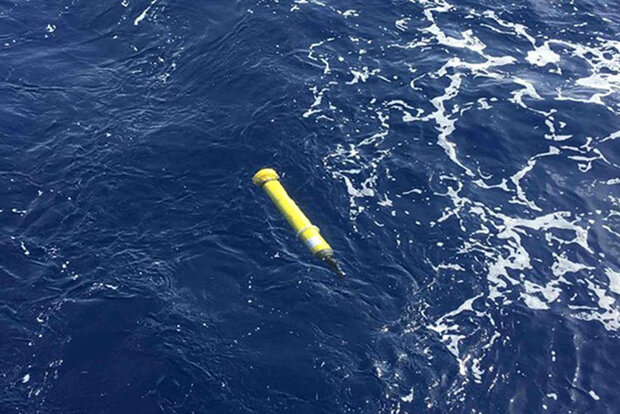How can we make the new fleet of biogeochemical Argo floats most effective?


An Argo float floats in the ocean. Credit: NOAA
For over 20 years, a fleet of almost four thousand floating scientific instruments called Argo floats have been measuring ocean temperature and salinity across the globe. The program was recently expanded to include floats that measure additional variables to shed light on biogeochemical ocean processes. A new study, supported by a partnership between CPO’s Climate Observations and Monitoring (COM) Program, Climate Variability and Predictability (CVP) Program, and NOAA’s Global Ocean Monitoring and Observing (GOMO) Program, takes a closer look at the new Argo capabilities and evaluates their effectiveness. NOAA-funded researchers Matthew Mazloff and Bruce Cornuelle of Scripps Institution of Oceanography at the University of California, San Diego were supported by two grants for this research. The joint COM-CVP-GOMO grant focuses on increasing the use and value of ocean observations, advancing our understanding of climate variability and change, and enhancing NOAA’s ability to model and predict the Earth System. CVP funding is aimed at building upon and refining the current scientific understanding of the equatorial Pacific climate system, as part of an ongoing series of process studies to improve the Tropical Pacific Observing System (TPOS).